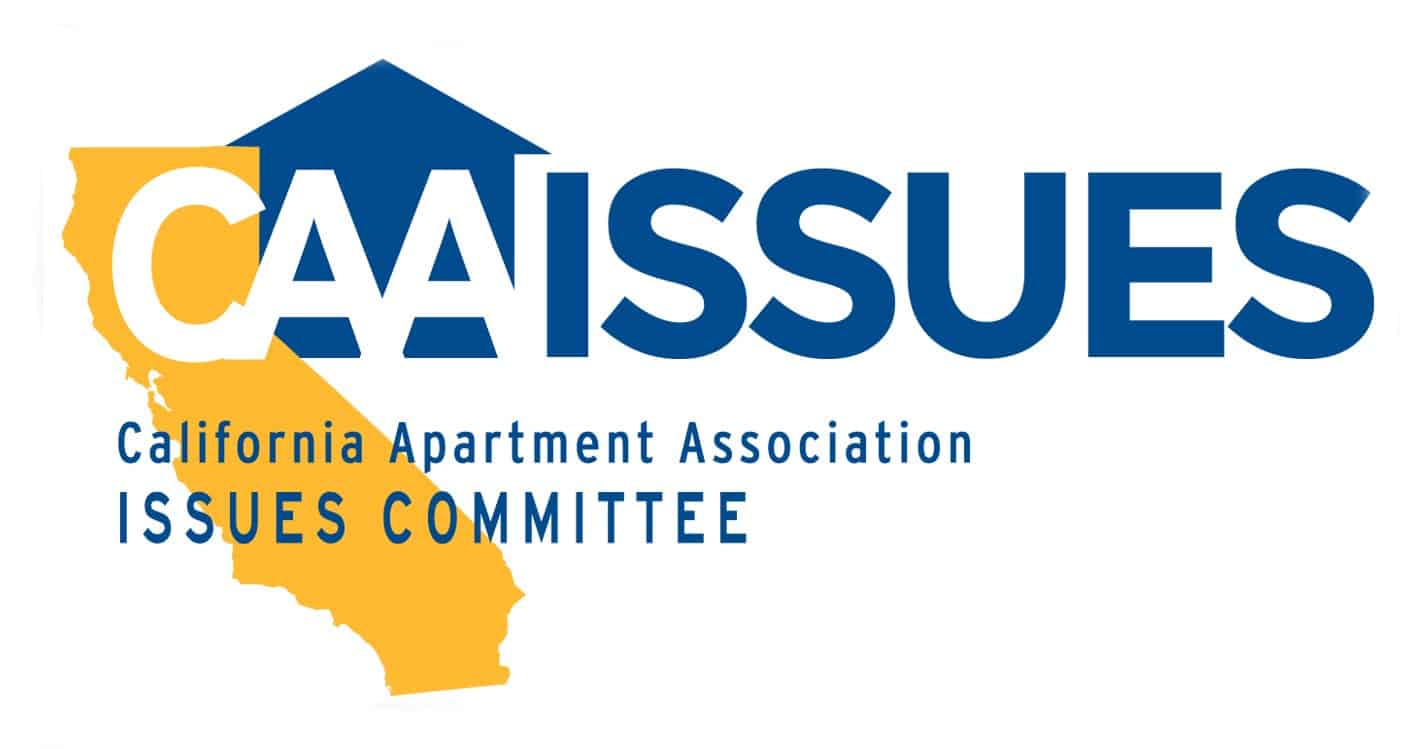The California Apartment Association on Monday requested that the federal judge presiding over its legal challenge against Alameda County’s COVID-19 eviction moratorium decide part of the case now instead of at trial.
The request, a motion for summary judgment, contends that U.S. Magistrate Judge Laurel Beeler has enough evidence at hand to decide in the plaintiff’s favor on the “facial” claims, or some of the baseline legal questions, in the case.
These include the lawsuit’s contention that Alameda County’s eviction moratorium effected a physical taking of rental housing owners’ property in violation of the U.S. Constitution and that the moratorium violates the Ellis Act, California’s law enshrining the right of landlords to terminate a tenancy to leave the rental housing business.
The county has until Sept. 6 to respond to CAA’s motion for summary judgment, with a hearing on the motion scheduled for Sept. 29.
The judge last month agreed to bifurcate both CAA’s lawsuit and a related suit challenging the moratorium, allowing the facial claims and “as applied’ claims to be heard in two stages.
While the line between the two types of claims can be murky, a facial claim basically argues that a law is unconstitutional always and under all circumstances, while an as-applied claim alleges that a law is unconstitutional in the way it applies in some circumstances, even if it might not be unconstitutional in all circumstances.
In the legal challenges against Alameda County, the as-applied claims are set to be addressed as early as spring 2023.
The legal challenges against Alameda County’s eviction moratorium became even more important this week when the county Board of Supervisors voted against even discussing future changes to its pandemic-related eviction restrictions.
